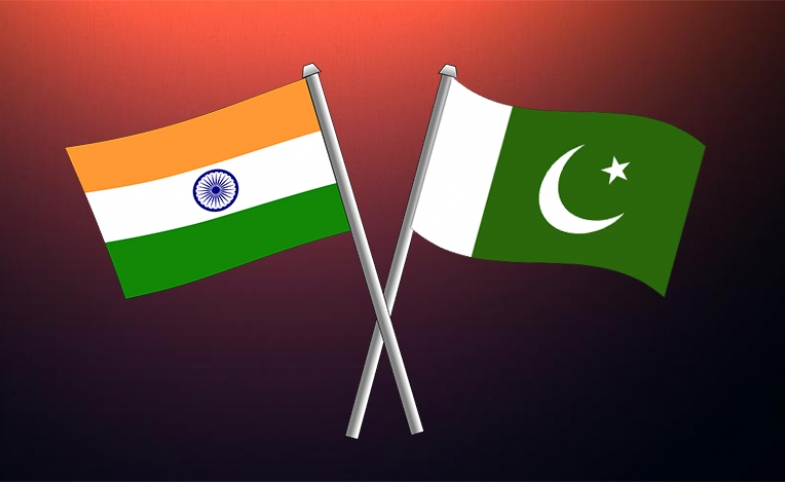
Prime Minister Imran Khan and Chief of Army Staff General Qamar Javed Bajwa both recently made very public overtures to India to hold talks and move towards peace. Imran noted Pakistan's continuing willingness to talk, while reminding that the ball was now in the Indian court. Gen Bajwa went as far as saying that “it is time to bury the past and move forward.”
This has been understood in some quarters to mean that Pakistan is willing to separate Kashmir from other bilateral disputes and possible areas of cooperation. While that interpretation may not go down with some sections of society, it is probably the only way to move forward. Bilateral relations have been hostage to the Kashmir dispute. Neither side is willing to budge on their position, and apart from a few rare instances, the insistence on including Kashmir in all discussions has caused bilateral talks to regularly get derailed.
If New Delhi can prove it is upholding basic human rights obligations in Occupied Kashmir — which it is not at the moment — talks on issues unrelated to the disputed region should occur. These talks would have to stay focused on the core subject while separating the Kashmir dispute. The model is not unheard of. One of the most notable examples is Gibraltar, the subject of a 300-year long dispute between the United Kingdom and Spain. After fighting several wars over the Iberian territory, both sides moved forward and have maintained close diplomatic and even military ties for several years, despite the dispute remaining unresolved — at least from the Spanish point of view. In fact, several countries have border disputes that they treat as separate from the rest of their bilateral relations, although it may be argued that none are as large as Kashmir in size or population terms.
Still, India and Pakistan getting along is in the economic and security interests of the entire region, if not the world. Gen Bajwa did reference this when he spoke of the aftermath of World War Two, when he spoke of the advantages of working towards economic security and cooperation instead of cold wars that only bring pain and suffering. “History has taught us that the way ahead has always been through an interconnected, inter-dependent and collective sense of security,” he said. The lack of cooperation and integration in South Asia has kept the entire region underdeveloped and in poverty, he said, adding that cooperation could lead to the added benefit of reducing defence expenditure requirements, with the money saved rerouted to development spending that would help alleviate poverty and hopefully bring prosperity.
Foreign Minister Shah Mahmood Qureshi has also expressed Pakistan’s desire to step away from geopolitical competition and rivalries in favour of the pursuit of co-existence and win-win cooperation. “Pakistan has decided not to be a part of any regional conflict and has consciously chosen to be only a partner for peace and development,” he said.
For India, such advice would also extend to its northern border, well beyond the dispute with Pakistan. If India could talk to China while separating its border disputes with her, it would be a win-win for both countries. That is not to say that such a policy would not have its detractors, but there are always trade-offs in diplomacy; and peace and development for all are certainly worthy goals for all of the leaders in the region, and the world.
Source: https://tribune.com.pk/story/2290389/talks-with-india


